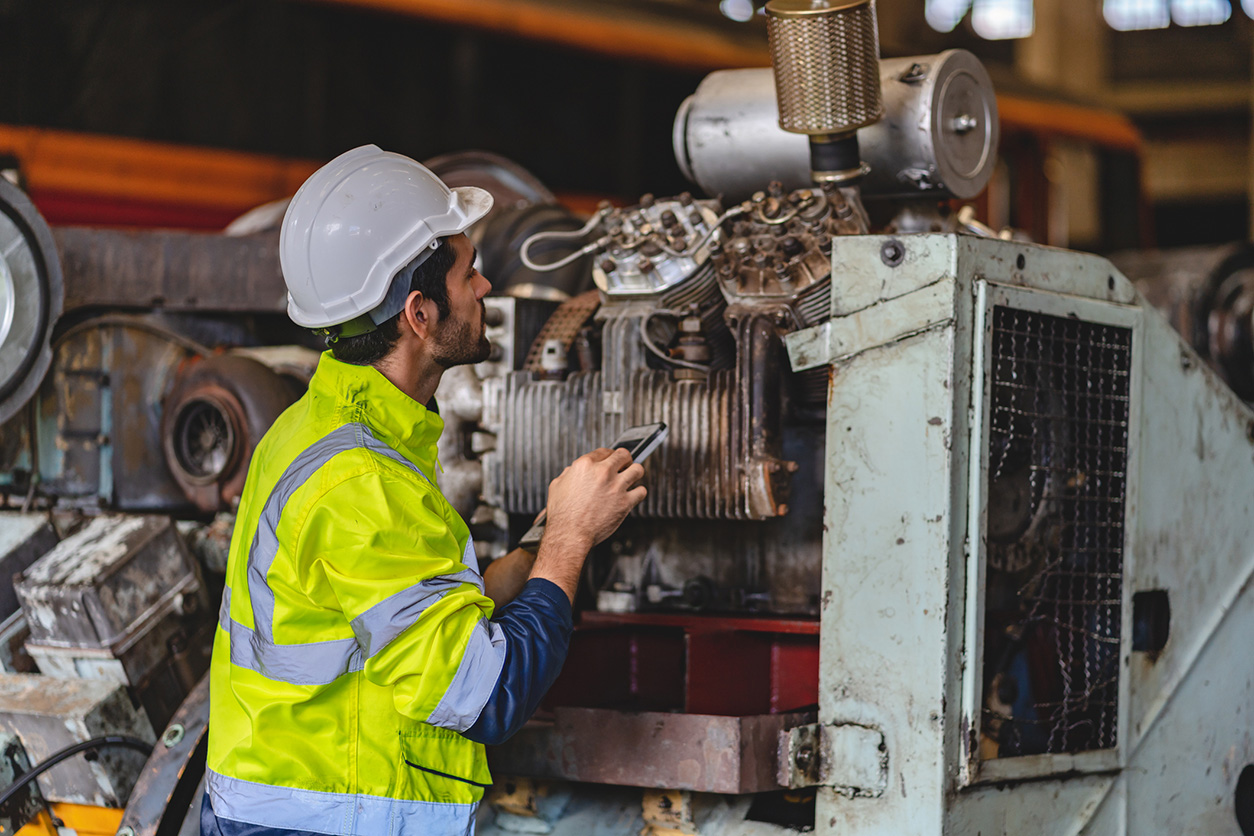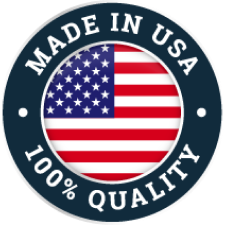
In the world of industry and manufacturing, where machinery and equipment often represent significant investments, ensuring their longevity and optimal performance is paramount. One often-overlooked factor that can significantly impact the lifespan and efficiency of machinery is air filtration. Let’s explore how the quality of air filtration plays a vital role in extending the longevity of equipment and machinery across various industries.
Reduced Wear and Tear:
Airborne particulate matter, such as dust, dirt, and debris, can infiltrate machinery and equipment during operation. These particles act like abrasive agents, gradually wearing down moving parts and components. Over time, this wear and tear can lead to increased maintenance needs and, ultimately, equipment failure. High-quality air filtration systems trap these particles, preventing them from entering sensitive machinery and preserving the integrity of internal components.
Enhanced Cooling and Efficiency:
Many industrial processes and machinery generate heat during operation. Effective air filtration ensures that cooling systems, such as heat exchangers and radiators, remain free from dust and debris. When cooling components are unobstructed, they can dissipate heat more efficiently, preventing overheating and extending the life of the equipment.
Preventing Corrosion and Contamination:
In industries where humidity and corrosive substances are present, equipment is vulnerable to corrosion and contamination. Air filtration systems can help maintain a controlled environment by removing moisture and airborne contaminants. This protective barrier significantly reduces the risk of corrosion and contamination, contributing to the longevity of machinery.
Improved Airflow and Performance:
Clogged air filters can restrict the flow of air into and out of equipment, leading to reduced performance and increased energy consumption. Regularly replacing or cleaning air filters ensures that equipment operates at peak efficiency, reducing stress on components and extending their lifespan.
Mitigating Environmental Factors:
In outdoor or harsh industrial environments, equipment is exposed to environmental elements that can accelerate wear and deterioration. Airborne pollutants, including pollen, salt, and industrial emissions, can corrode machinery surfaces. Proper air filtration minimizes exposure to these pollutants, providing a protective shield that prolongs equipment life.
Compliance with Manufacturer Recommendations:
Many equipment manufacturers provide guidelines for air filtration requirements. Following these recommendations ensures that equipment operates within its intended design parameters, reducing the risk of premature failure and costly repairs.
